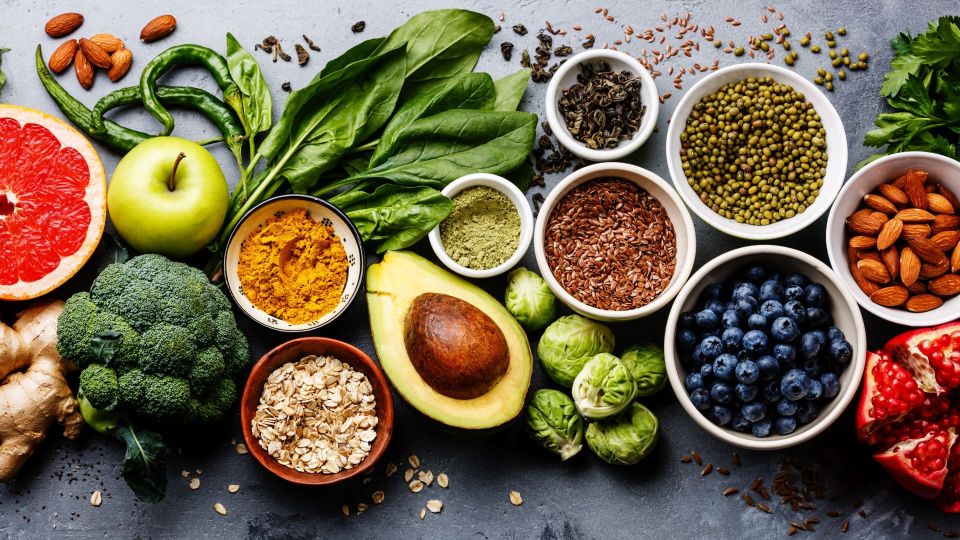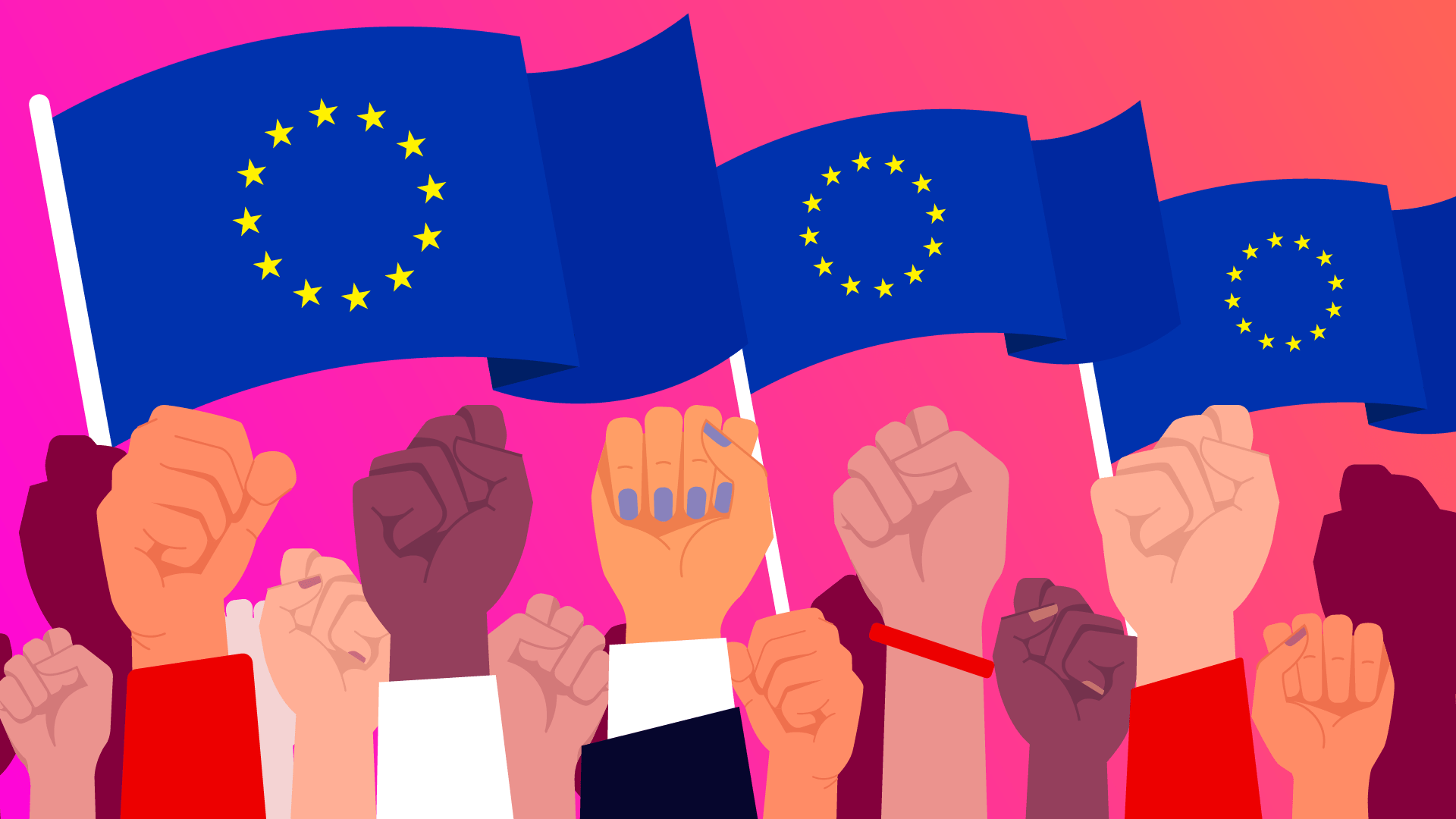
In June 2023, the S&D Group called to implement greater EU production autonomy and increase support for farmers who supply us daily with healthy, sustainable and affordable food. In this context, we underlined the need to fight food speculation and address the decline of pollinators and biodiversity.
In a historic victory, the Socialists and Democrats successfully built a progressive majority to endorse the Nature Restoration Law in November 2023.
The S&D Group played a key role in the definition of the new European Common Agricultural Policy (November 2021), reinforcing the social character of this strategic reform, introducing for the first time in 60 years, social conditionality.
Thanks to the S&D Group, the Geographical Indications for wine, spirit drinks and agricultural products regulation adopted in June 2023 will be remembered as one of the few legislative acts in this mandate aimed at making the agriculture and the agri-food sector more competitive, sustainable and integrated.
In March 2022, the S&D Group obtained flexibility and exceptional measures to address serious difficulties and high production costs faced by farmers, stockbreeders, fishermen and aquaculture producers.
To tackle the increase of energy prices in Europe, the S&D Group in October 2022 obtained a cap on the prices of gas imported by pipelines to the EU, calling on the Commission to decouple electricity prices from gas prices.
We successfully fought to introduce the windfall tax on energy companies making excess profits in the current crisis. In addition, we called for a joint European procurement of energy resources, following the model of the Covid-19 vaccines procurement to strengthen EU bargaining power in negotiations with non-EU countries.
The S&D Group highlighted in December 2022 the key role of rural areas in offering solutions in response to crisis and in ensuring food security, food self-sufficiency and independence from fossil fuels and energy imports. In addition, we called for measures to promote generational renewal in agriculture and to reduce the gender gap in the agri-food sector, as we also highlighted in the resolution on the generational renewal of future EU farms adopted by the Parliament in October 2023.
In May 2023, we successfully achieved a significant objective to a more modern, sustainable and quality-based school scheme for fruit, vegetables and dairy products.
Strengthening the resilience of our food systems will ensure access to safe, healthy, nutritious, sustainable and sufficient food for all people all year round. It is important to reduce food waste and food loss, and limit the overall environmental footprint of the food chain: we support local production and the consumption of seasonal, local products.
Plant-based products should be promoted in line with affordable healthy dietary habits such as: limiting the overconsumption of meat and ultra-processed products, as well as products high in sugars, salt and fat. The One Health approach addresses – holistically – human and animal health, but also environmental protection with a reduction of antimicrobials in agriculture.
Climate change risks and loss of biodiversity must be urgently addressed. The EU needs to step up its ambitions with regard to reducing Green House Gas emissions.
Ensuring fair income and remuneration mechanisms for farmers, fishers and aquaculture producers, promoting generational renewal in the agriculture and fisheries sectors, and addressing the gender gap in the food production sector are top priorities. Additionally, temporary support measures are proposed to assist farmers facing a significant rise in fertiliser prices and to support fishing and aquaculture activities dealing with increased fuel prices.
Use of smart farming with Artificial Intelligence and other new technologies, alternatives to synthetic fertilisers and pesticides, and the protection of natural resources in line with the Green Deal. We fight for strong regulations on the use of pesticides in Europe to reduce the risks and impacts on human health and the environment.
Protection of bees and pollinators by restoring agricultural ecosystems and promoting biological pest controls which contribute to food security.
Food distribution, transportation and storage infrastructures need investments to better face crises and are key to food security and to prevent food loss.
A decision-making process devoid of conflicts of interest, led by responsible authorities with sufficient financial recourses and expertise, contributes to the transparency of decisions and defends the rights of citizens.
Promotion of domestic EU production and strategic autonomy of fertilisers contributes to the reduction of dependence on imports (in particular plant-based protein sources and feed). This diversifies supply and creates strategic food stocks.
The EU has a key global responsibility for food production and trade as well as achieving food security for vulnerable countries and populations.

